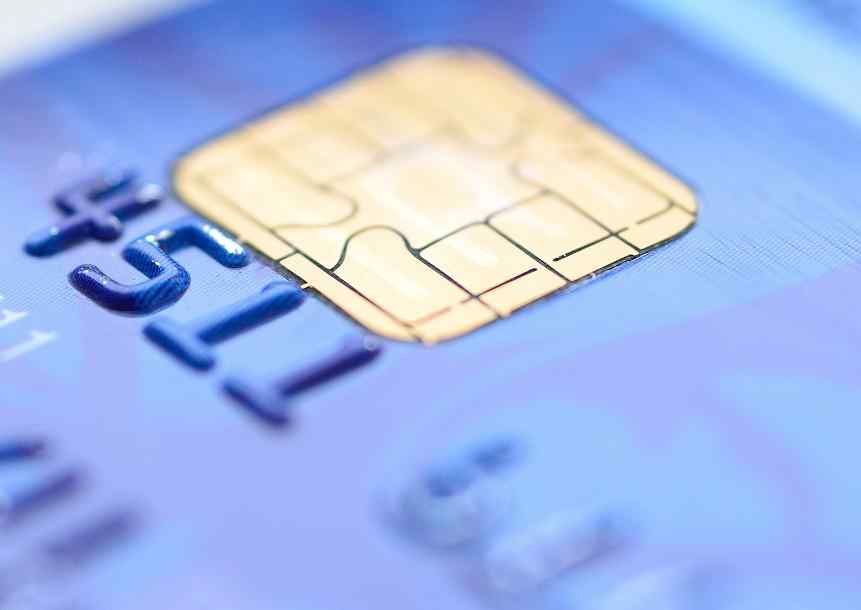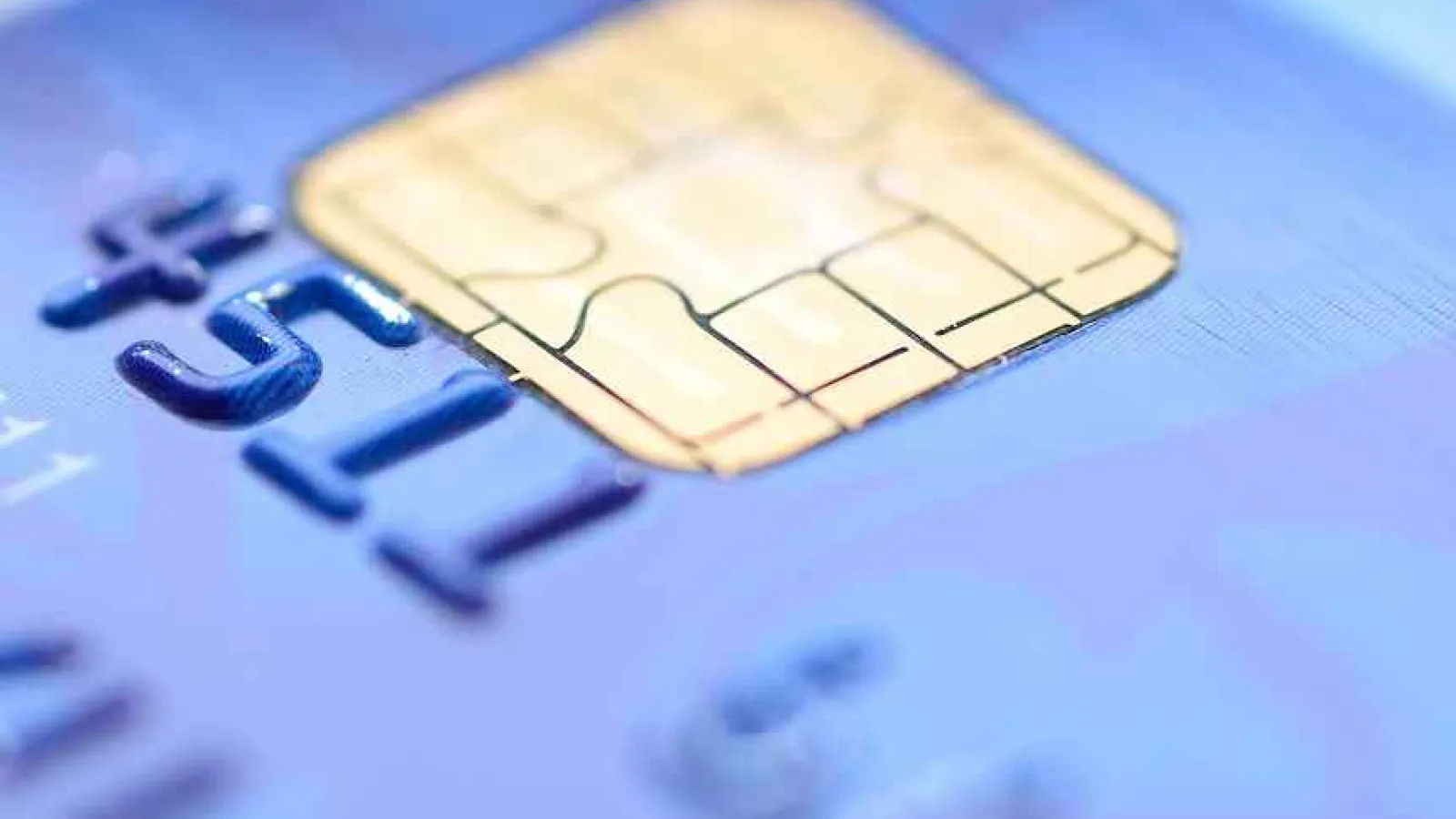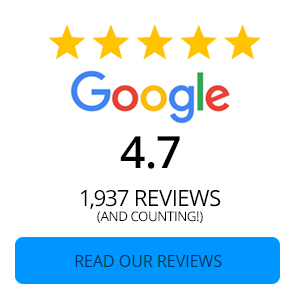Consumers have grown to love the convenience of debit cards. You can make purchases without carrying a lot of cash around with you. If you need cash, it's as close as the nearest ATM. No doubt about it; debit cards have transformed how business is done. But occasionally, your debit card may be declined for a purchase or cash withdrawal. There are several reasons why this action can happen. Here are five common reasons a card may be declined.
Account Balance
You may simply be low on funds. This reason is a common and straightforward one, but it happens all the time. Sometimes a spouse will make a purchase without the other spouse knowing how that has affected the balance. Other times, automated payments draw down a balance without the account holder being fully aware of the situation. Solutions include checking balances before making purchases, setting up account notification alerts, or applying for overdraft protection on an account.
Daily Spending and Withdrawal Limits
To protect account holders, some cards have maximum spending and withdrawal limits. Once that limit has been reached, all other withdrawal transactions will be declined for the day. It's best for account holders to check with their financial institutions to see if their accounts are covered by such a limit.
Transactions Outside the Norm
Your spending habits create a pattern that is monitored by your financial institution. If a purchase, or series of purchases, becomes inconsistent with the pattern, your financial institution may place a hold on your account. These patterns are determined by sophisticated algorithms, which can include factors such as purchase frequency, size, and/or location. If your purchase is declined, a call to your financial institution can usually get it authorized for approval.

Travel
If you're going on vacation or taking a business trip, you may want to contact your card issuer ahead of time to have your account marked accordingly. You can generally specify your destination and dates of travel. If you're traveling to an international destination, this step is even more important. International transactions are more likely to trigger a suspicious-activity hold on your account. You'll want to make sure your financial institution has your correct phone number and email so that they can reach you should any activity while you are traveling trigger such a hold. Being in a foreign country without access to your funds is definitely no fun.
Account Holds
Some types of businesses will place a hold on your account in an amount greater than the original price. Hotels and car rental agencies are known to use this practice. These businesses do so because many customers will have a final bill in excess of the baseline price. They place a hold on funds to cover a margin that your final bill could potentially reach. This practice leaves many account holders thinking they have more money available than they really do. Furthermore, sometimes it takes a few days for holds to be released. You should talk to hotel and car rental agency employees to get an understanding of their policy regarding account holds.
Understand Debit Card Policies
By knowing your financial institution's policies regarding debit cards, you'll reduce the chances of your card being declined. Many of these policies are for your protection. In the long run, your financial institution works to safeguard your best interests.

